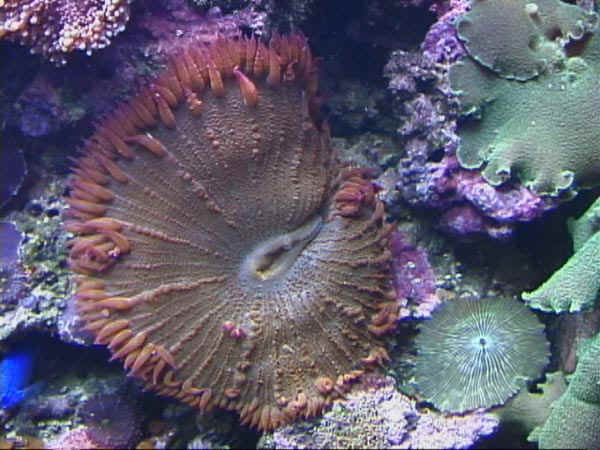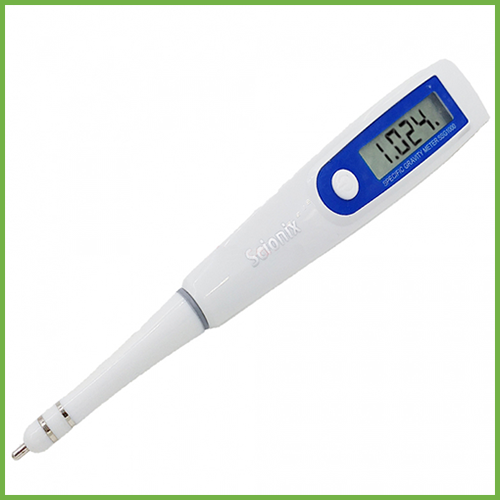From what I can read on various threads, including some bro-science nonsense, salinity does not change with temperature.
Seems logic as 35 ppt won't change if temperature is change.
But salinity does change.
Since I got a digital reader, I tested some cooler freshly made saltmix and it reads 35,0 ppt / 1.028 sg. I tested the temperature on the device which reads roughly 1.5 C to high.
If specific gravity changes with temperature, and device temperature is misleading, I should still be able to trust the salinity readings, regarding of temperature right?
The salinity matches my refractometer perfectly, but the salinity/gravity seems of (or I cannot find any understable charts for salinity, sg, and temperature corelation).
Seems logic as 35 ppt won't change if temperature is change.
But salinity does change.
Since I got a digital reader, I tested some cooler freshly made saltmix and it reads 35,0 ppt / 1.028 sg. I tested the temperature on the device which reads roughly 1.5 C to high.
If specific gravity changes with temperature, and device temperature is misleading, I should still be able to trust the salinity readings, regarding of temperature right?
The salinity matches my refractometer perfectly, but the salinity/gravity seems of (or I cannot find any understable charts for salinity, sg, and temperature corelation).




















